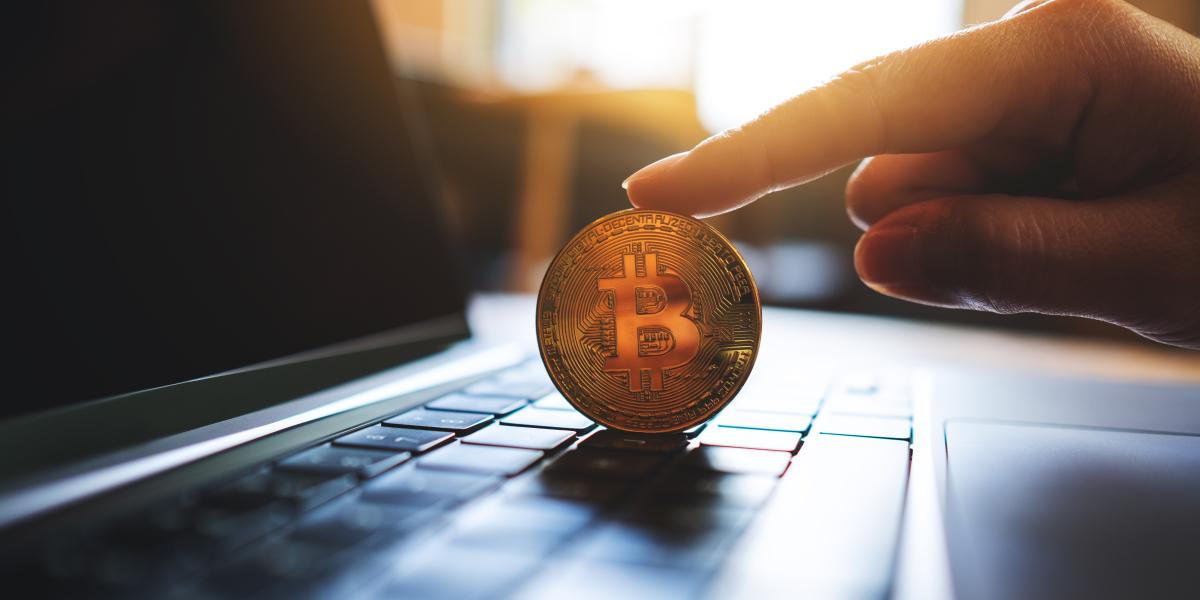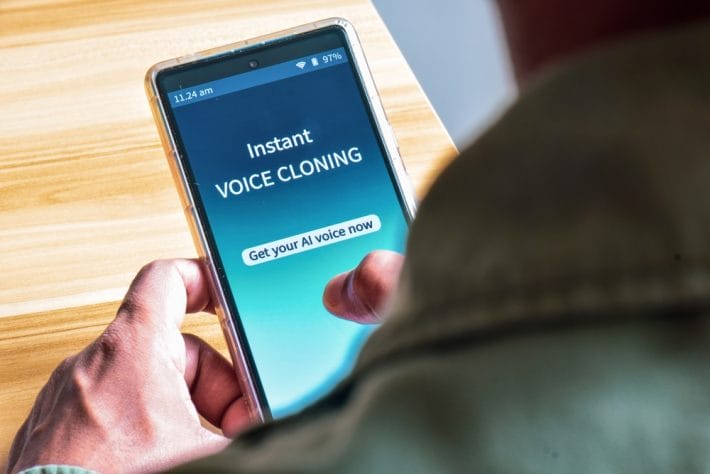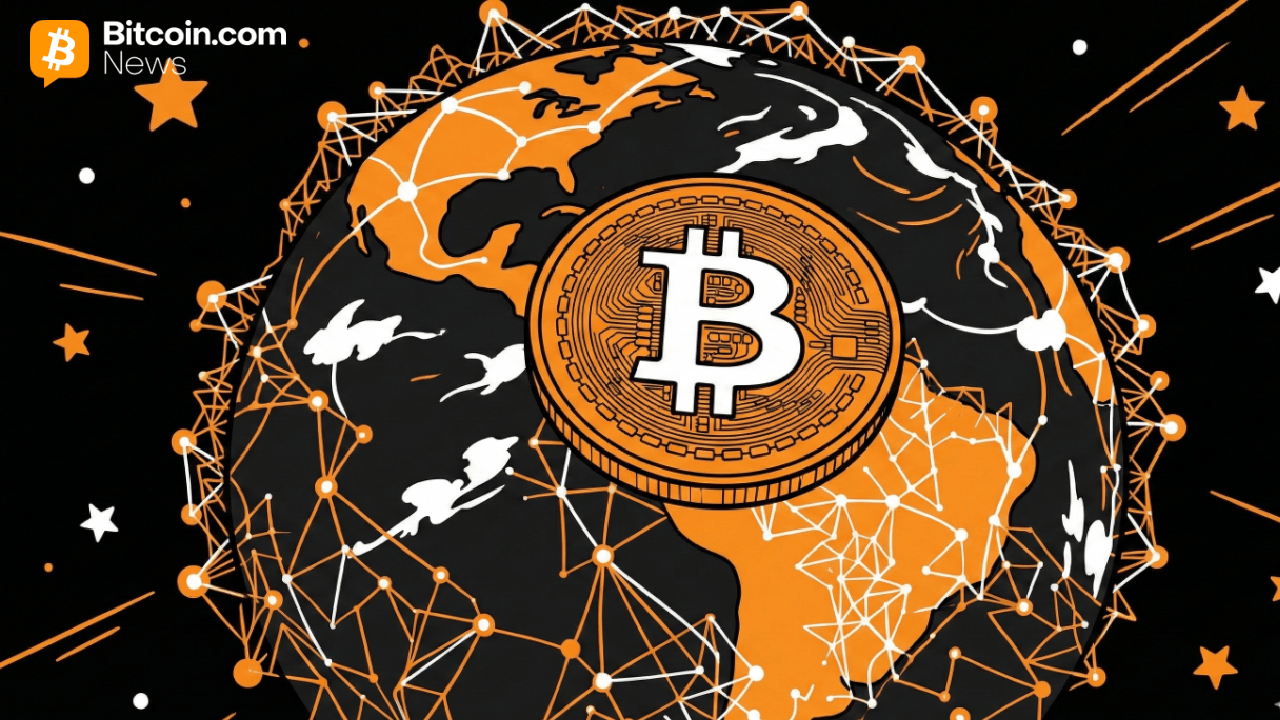One of the questions that animated Musa al-Gharbi’s investigation into the causes and consequences of wokeness was why highly successful elites seem so eager to portray themselves as otherwise. As he puts it,
Why is it that the “winners” in the prevailing order seem so eager to paint themselves as helpless victims, as marginalized, as vulnerable, and as allies of the same? If it is a genuine disadvantage to be a woman, or a minority, or LGBTQ, or disabled, then why are elites so eager to identify themselves as these very things, or to publicly associate themselves with people who can—even to the point of bending the truth in order to accomplish these goals?
This is striking because it used to be the case that people in general, and the successful in particular, actively sought to avoid associating themselves with narratives of helplessness, victimhood, and vulnerability:
For instance, to be pitied by others used to be humiliating, and to be “victimized” by others was a source of shame. People were encouraged to directly (personally) confront those who wronged them. If they were unwilling or unable to stand up to aggressors, they were supposed to be stoic; to be proudly defiant; to not let those who harmed them see them broken. Respect was accorded to those who demonstrated themselves as capable and powerful, who were resilient to suffering and hardship, who were brave in the face of risk and danger, who were collected and confident in response to challenges and uncertainty. These values still prevail in much of the world, and indeed in many U.S. subcultures. However, sociologists Bradley Campbell and Jason Manning argue, a different moral culture has taken hold among contemporary symbolic capitalists – a “victimhood culture.”
Rather than status being achieved by facing hardship with poise, determination, and refusing to let adversity keep one down, this victimhood culture produces incentives to present oneself as being as weak, fragile, and vulnerable as possible – thus deserving of special protection by institutional power:
For instance, rather than directly confronting or negotiating with adversaries (settling things “between ourselves”), the norm in a victimhood culture would be to appeal to third parties to adjudicate conflicts, intervene one’s behalf, or offer support and validation. In order to enlist these third parties, harm is discussed in hyperbolic ways. People attempt to paint themselves as weak, vulnerable, helpless or damaged – especially relative to their adversaries. The wrongs done to oneself are are tied to historical and ongoing injustices affecting others. An awkward racially inflected comment, for instance, is not describe as an isolated remark made by a particular person within a specific context – instead, the comment is tied to America’s history of slavery or Jim Crow, or contemporary tragedies like the murder of George Floyd. Localized or otherwise trivial incidents are recast as fronts in cosmic struggles that others have a perceived stake in.
This creates additional incentives for people to gain status by bending over backwards to affirm every allegation of wrongdoing they encounter, no matter how little evidence there is to support the accusation. As an example, al-Gharbi describes how the actor Jesse Smollett claimed to have been the victim of a racist and homophobic attack, in a story that seemed to be wildly unrealistic in every detail:
Although virtually every part of his story seemed implausible, even ridiculous, many celebrities and political figures immediately rushed to signal that they believed Smollett. Indeed, the fact that the story was so absurd on its face created an opportunity for status competition. It provided a chance for people to distinguish themselves by demonstrating just how committed they were to trusting purported victims relative to their peers. And so, despite the rather obvious problems with Smollett’s narrative, many immediately rushed to condemn the ostensibly racist and homophobic attack against him, exerted major pressure on the authorities to identify and punish the perpetrators, and viciously targeted those who expressed skepticism about the actor’s claims.
But this general desire to present oneself as weak and helpless, like many aspects of woke culture, is generally shunned by the actual populations the woke seek to uplift. Instead, this struggle to paint oneself as weak and helpless is almost entirely done by people who are privileged, wealthy, and well-off:
For instance, those who are genuinely marginalized and disadvantaged in society are much less likely to perceive or describe themselves as victims of identity-based bias and discrimination than highly educated and relatively affluent liberals. And there’s a reason for that. Although virtually no one wants to be genuinely victimized by others, many status seekers are nonetheless interested in presenting themselves as victims and being perceived as victims—especially in contexts where “victimhood culture” prevails (such as most symbolic capitalist spaces). Some go so far as to reorient their whole identity around having been victimized in order to enjoy the benefits that come with perceived victimization indefinitely. Others find creative ways to capitalize on victimhood they didn’t personally experience at all.
Of course, many of these people are genuinely convinced of the truth of their own victimhood narratives. But there’s a catch – adopting a victimhood mindset leads people to treat others around them worse, to take advantage of them, and to feel justified in doing so:
For instance, research has found that people who understand themselves as victims often demonstrate less concern for the hardships of others; they feel more entitled to selfish behavior; they grow more vicious against rivals—not just against the people who victimized them but against anyone who stands in the way of their goals or aspirations. Yet even as they grow more likely to engage in immoral behaviors—and often victimize others who did them no wrong—they also gain a sense of moral superiority relative to everyone else…
The more frequently they evoke their victimhood, the more ethically dubious behaviors they feel entitled to engage in—confident that they will not be held responsible, morally or practically, for their actions.
But not all potential sources of hardship are treated equally by the woke:
Only certain types of victimization tend to be honored in a victimhood culture. First, in order to reap the benefits associated with being recognized as a victim, one’s victimhood has to be a product of malevolent actions by others. That is, one cannot merely be a victim of circumstances – there must be someone who can be blamed (and, ideally, punished) for one’s victimized status. Second, one’s victimization should appear to be a result of factors outside of one’s control.
This makes poverty only conditionally a source of victimhood, because poverty is often thought of as something ones actions can at least influence to some degree. Thus, “The most compelling forms of victimhood are tied to immutable elements of a person’s being rather than changeable aspects of their present circumstances.” This also creates an incentive for people to describe the sources of hardship they face as insurmountable – something in the face of which they are utterly powerless:
Women, racial and ethnic minorities, sexual minorities, those with disabilities, trauma survivors, certain persecuted religious minorities—these are identities that are especially respected in symbolic capitalists’ victimhood culture. Being poor, or coming from poverty, can enhance one’s moral standing if one also bears some other marginalized identity. However, there is very little sympathy for impoverished “cishet” whites. Indeed, they are often viewed as being not just responsible for their own suffering but deserving of it—and their struggles, frustrations, and concerns are widely mocked or dismissed.
This remains true despite the fact that white Americans are not the most successful racial or ethnic group in America, or even at the upper end. Most outcomes for whites tend to be about average overall for racial groups, and whites tend to do worse on most measures than Americans of Asian, Middle Eastern, or Indian descent, and even compared to Black Americans of Caribbean descent or African immigrants (as distinct from native born Black Americans).
But people who fail to have the proper characteristics of victimhood can still try to find a way to get in on the action:
For elites who cannot directly claim affiliation with the “right” kind of stigmatized identity, engaging in the culture wars often allows them to experience something like “victimhood by proxy”: progressive whites are keen to broadcast their status as “allies” and tell stories about how their unyielding commitments to social justice put them at odds with “other” whites. Insofar as they manage to alienate themselves from white peers (or even family members) on the basis of social justice advocacy, they often portray themselves as being “in the same boat” as minorities. For instance, receiving pushback from whites for their approach to antiracism allows them to paint themselves as fellow victims of racism. Constantly “struggling” with (other) whites about racial issues makes them feel like they understand the experience of being a minority. People are often strikingly explicit in making associations like these.
Wealthy symbolic capitalists find other ways to try to claim victimhood identities to gain cultural capital. For example, al-Gharbi points out that while symbolic capitalists are objectively the “most physically fit and cognitively sophisticated people in America,” they are also vastly disproportionally more likely to identify themselves as suffering from physical or mental impairments.
Even the ability to make use of a possible victimhood identity is itself an activity that favors wealthy and privileged elites rather than genuinely vulnerable people:
One irony, as sociologist Lauren Rivera noted in her landmark study of hiring at elite firms, is that the people best positioned to spin compelling narratives of this nature tend to be those who hail from relatively advantaged backgrounds. People who were or are genuinely underprivileged, abused, or stigmatized often try to conceal these facts rather than broadcast them. And even to the extent that they are aware that it would be advantageous to spin a story about their social mobility, and are willing to do so (often, they think it would be harmful or shameful to talk about what they’ve been through), people from genuinely disadvantaged backgrounds are generally less effective at producing the kinds of accounts that resonate with elites, as compared with people from more advantaged backgrounds.
All of these elements of victimhood culture create another form of symbolic capital beyond the political, academic, and cultural capital discussed previously – something al-Gharbi calls totemic capital. We will look at what this is and how elites seek to cultivate it in the next post.


























